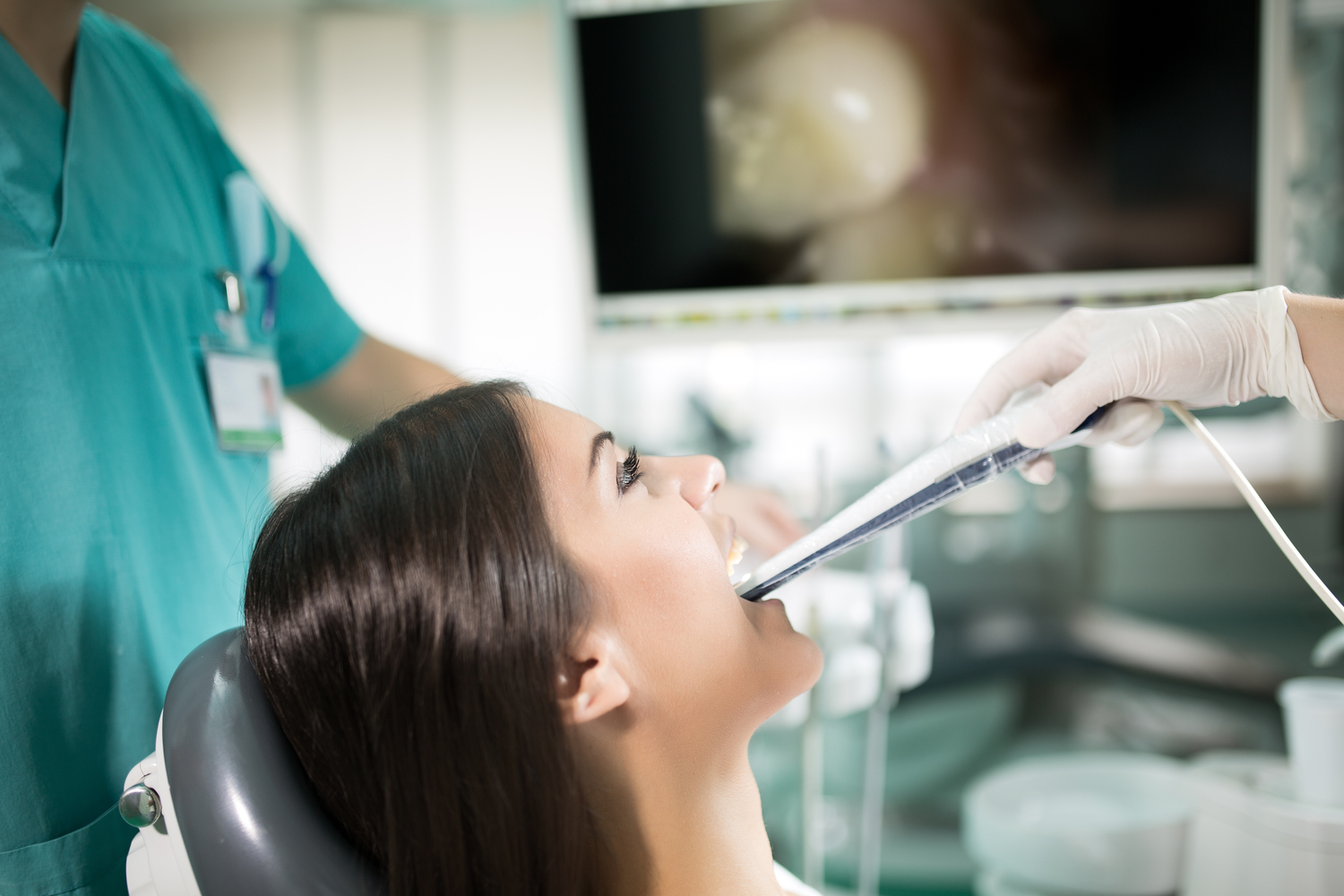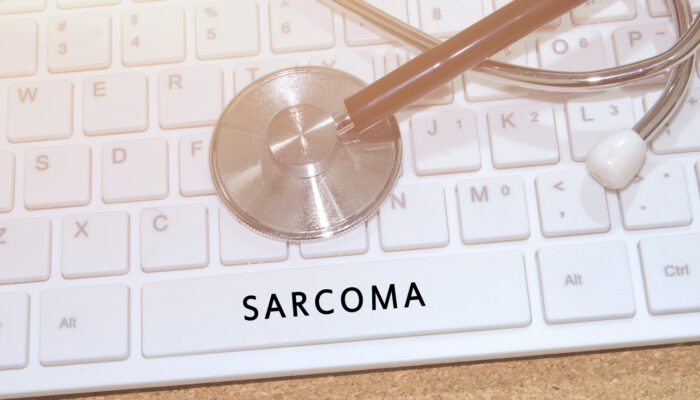
Recovery process following oral cancer treatment
Most of the time, the discussion ends at the treatment options for different types of cancer and whether or not they are capable of treating cancer completely. Whatever the treatment options are, the discussion should further extend to what the recovery options are after the treatments are done. Recovery options usually differ from one type of treatment to another.
- In the case of oral cancer, if a surgery is done, there will be swelling and pain. While it has been shown that removing small tumors would not have any long-term problems associated with it, the removal of large tumors can cause problems with swallowing, chewing, and even talking properly. So, after these treatments are done, an individual may usually require a reconstructive surgery which involves the rebuilding of tissues and bones in the face which were removed at the time of the surgery.
- In addition to this surgery process, several other details should be kept in mind and sought further treatment. Most of the cancer treatment options use drugs which can have significant side effects that last for a while even after the treatment is over. Side effects of radiation therapy include tooth decay, sore and bleeding gums, fatigue, dry mouth and loss of function of salivary glands, vomiting and nausea, mouth and skin infections, a difference in the individual’s ability to smell and taste, pain and jaw stiffness, problem while wearing dentures, dryness and burning sensation of the skin, thyroid changes, and weight loss.
- Chemotherapy can also cause significant side effects such as diarrhea, nausea, vomiting, lip and mouth sores, hair loss, severe anemia, painful gums and mouth, weakness, bleeding in the mouth, poor appetite, and numbness in hands and feet. Targeted therapies do not require elaborate recovery processes but they do leave some side effects of their own such as headache, diarrhea, skin rashes, fever, vomitings, and certain allergic reactions. Finding appropriate solutions for these side effects by discussing these problems with your doctor would be required as the treatment options are vital.
- When an individual is diagnosed with advanced oral cancer, they mostly need to get reconstructive surgery done. In addition to that, some rehabilitation is also required to assist with speaking and eating during the process of recovery.
- Along with those options, the process of reconstruction can also involve grafts or implants used to repair the tissues and bones which are missing in the mouth or face. In order to replace any teeth or tissues which are missing, artificial palates can be used.
- In cases of advanced cancer, individuals need rehabilitation in the form of speech therapy. Speech therapy can be started after the individual comes out of the surgery to ensure that the individual can make fast progress as soon as possible.
Trying to understand what processes follow after the treatment options which are planned for the removal of cancer cells can be of great help. This helps the individual to settle back into a normal life with slightly increased ease.



